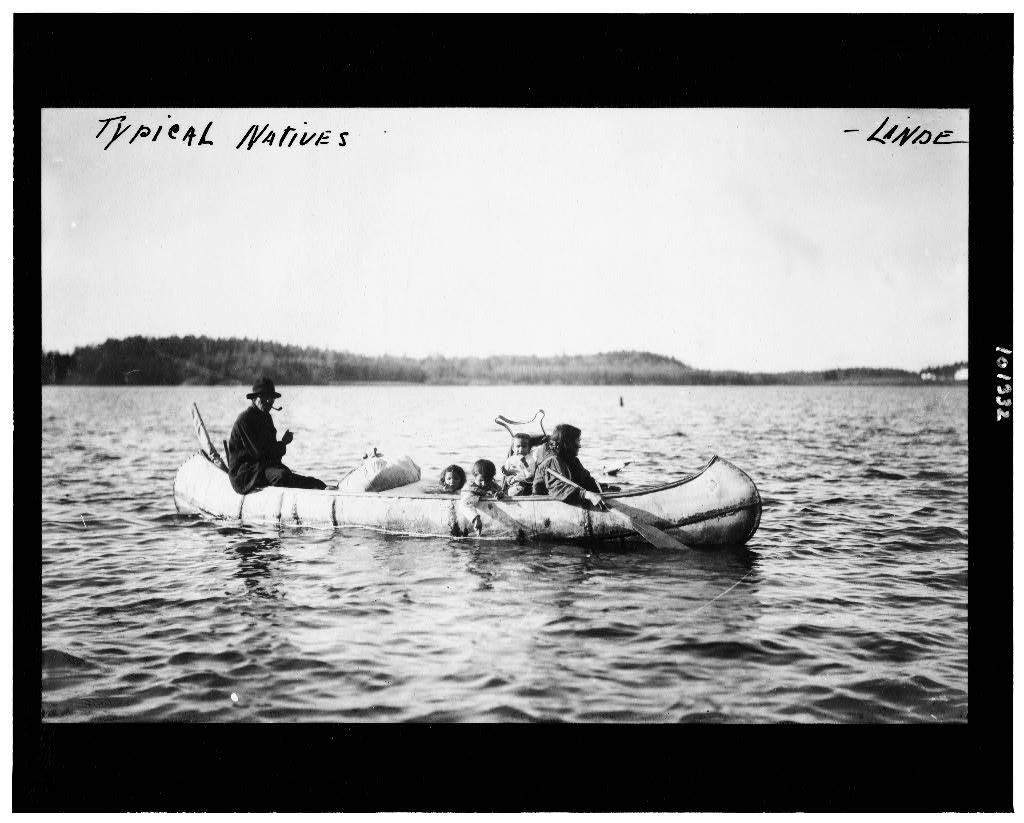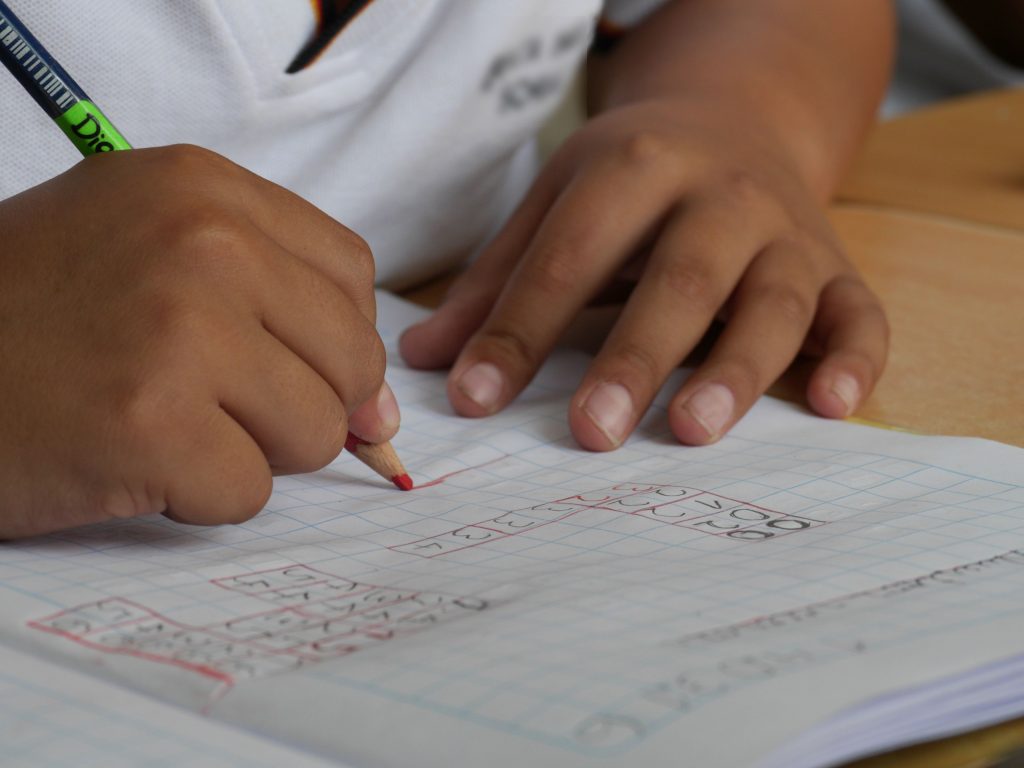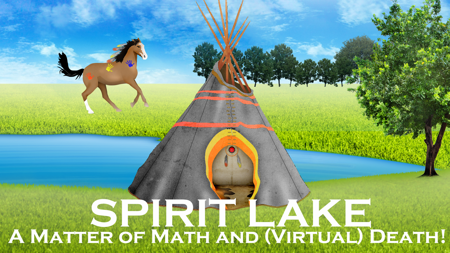
Past and modern critics of indigenous history and livelihood may argue that tribal people did not have a sophisticated knowledge of math while others insist that math is humanity’s sixth sense.
North American legends say that the Lakota warrior Crazy Horse “would often dismount, walk several steps from his horse, and kneel to take deliberate aim at the onrushing enemy…” Historians would agree that Lakota warriors were calculated, but also confident in math skills as they applied to archery.
Do you really expect me to believe that a war leader would think,
“Okay, there’s a bunch of us and not so much of a bunch of them, let’s just go for it. “
Get this. Nomadic tribes and regularly traveled hundreds of square miles of territory. By some means, they would show up on time and wouldn’t run out of food along the way.
I’m pretty sure Crazy Horse had calculated the distance, rate, and time of a moving enemy to avoid wasting arrows while he mapped an archery attack.
Do you expect me to believe that tribal traders just picked a random spot, wandered there and waited until their neighbors showed up with goods? Wouldn’t they first inventory their resources and calculate time, rate, and distance?
When a hunting party killed buffalo, how did they know how much meat they could carry with them, how long it would take to skin a large animal, or the amount they could eat and preserve before the meat spoiled?
Indigenous ancestors did not just make guesses for thousands of years. Living and thriving in harsh environments uses applied mathematics in building vessels, travel, cooking, textile weaving, home design, tool design, and so on. Math is perpetually everywhere, and humans on every continent noticed.
Advocates now speak of the harsh effect that assimilation had upon young indigenous students. While boarding school students’ ancestors used arithmetic, geometry, and physics in their everyday lives, even in harsh environments, they were forced to part ways with their livelihoods and culturally based math assets. With these went the sense of empowerment that math skills and knowledge had brought them.

With such a biased, authoritarian directive in place, foundational knowledge of math and other core subjects took a nosedive. Today, many tribe-based educators continue to empower indigenous students and revitalize tribal education, cultural values, and communities, starting by incorporating inclusive, redesigned curricula from traditional activities to technology, much like we do here at 7 Generation Games.
It makes little sense that modern “culturally based education” would exclude math. Empowering students in indigenous communities starts with inclusion and blended curricula. We have it.

